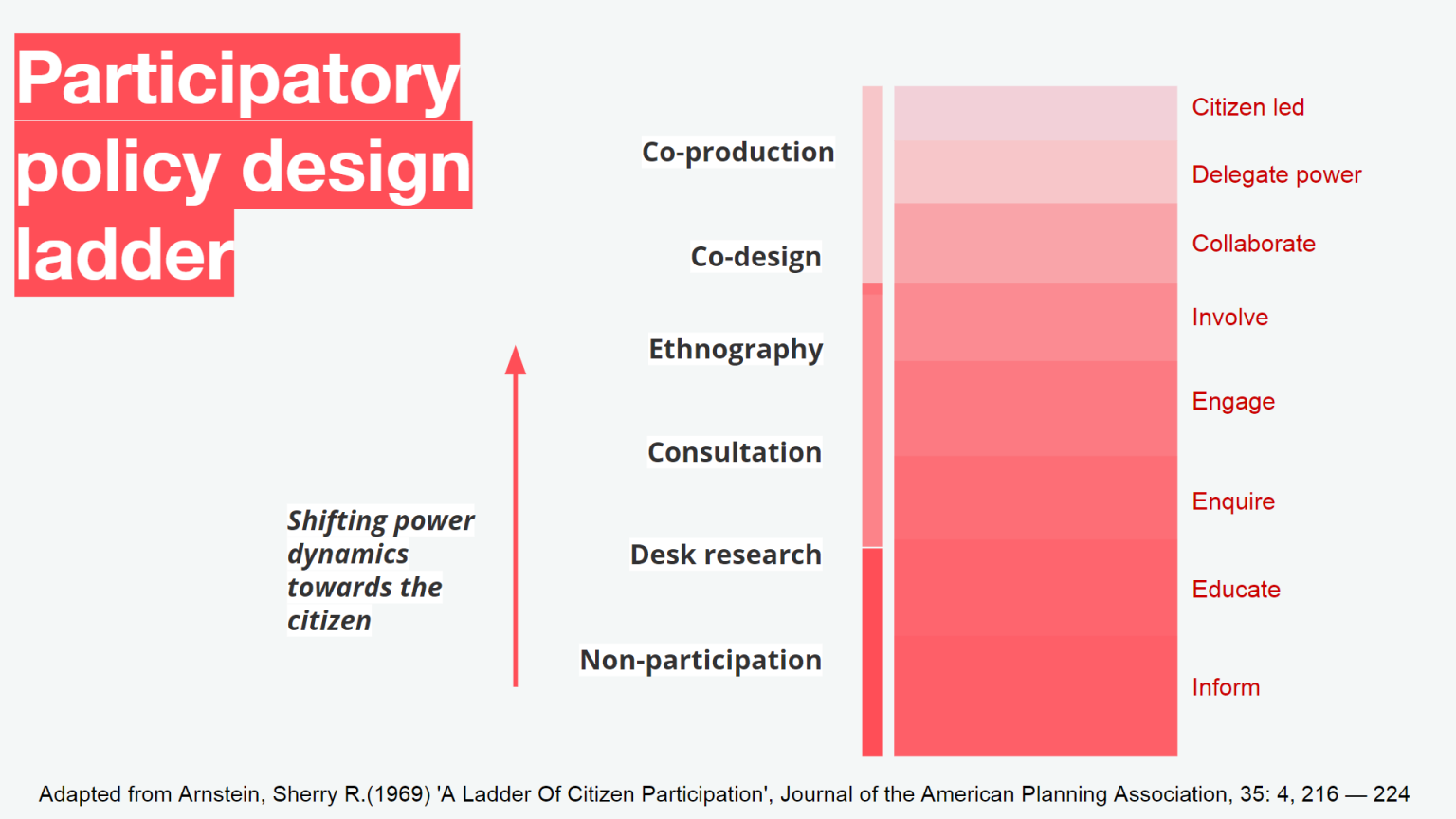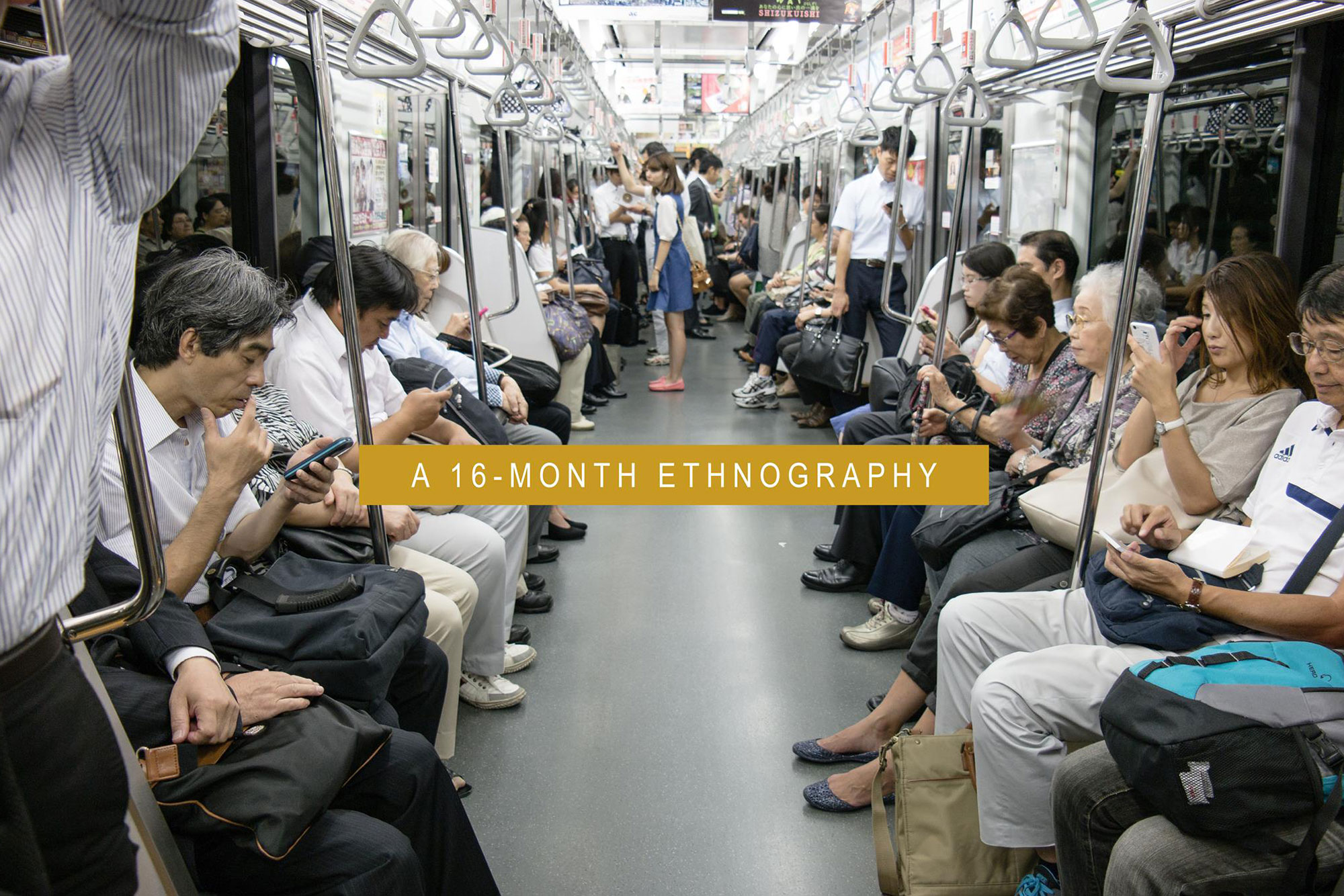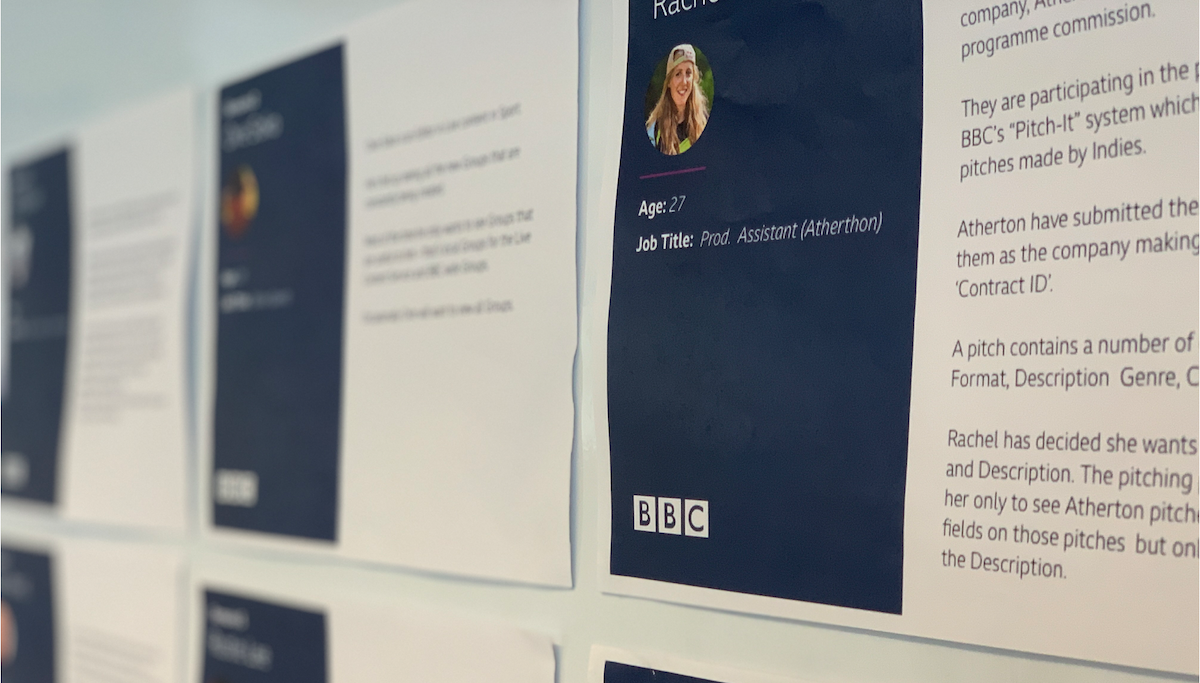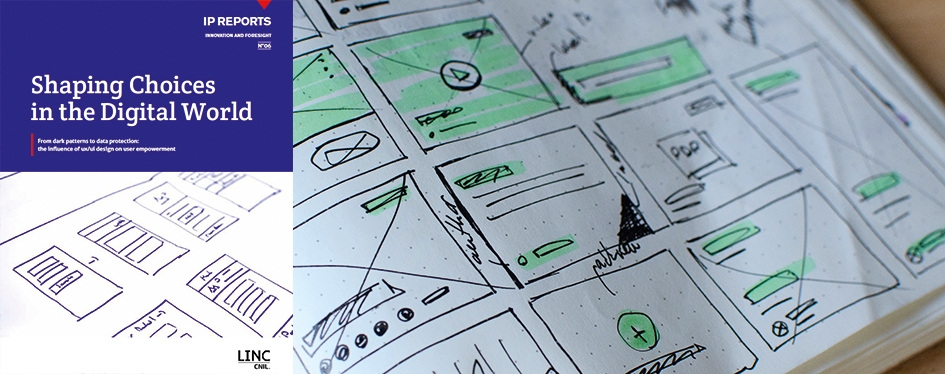
The psychologist Amy Orben talks about the widespread fear that smartphones are harmful to our wellbeing - and the difficulty of proving it

Next week the major Interaction 20 conference will take place at the Zaha Hadid-designed Milano Convention Center (MiCo). Experientia supports this huge conference on a multitude of levels.

On Tuesday 4 February Experientia will run a half day workshop on netnography and digital ethnography for Interaction 20 participants.

The design thinking approach offers many tools to design creative solutions to solve the most pressing problems affecting complex ecosystems such as cities. That's why it is important that policy makers are properly trained.

Nat Kendall-Taylor studied nearly 40 different social issues and the cultural models people use to understand them. He found three cultural models that stymie social change, and three research-based messaging strategies that can help shift them.

When you think about user experience design it is a term that we instantly associate with apps and websites. And especially when considering a typical job description of a UX designer, it can trick you into thinking that it's a modern concept.

Smartphone attachment is so prevalent that the fear of being without a phone has a name: nomophobia, writes Elizabeth Churchill in Interactions. What can be done to manage such unhealthy attachments?

CES indicates we're still a far way off seeing technology for the home that genuinely fosters our sense of comfort, wellbeing and community.

We could decide to treat people as sensors, and not as things to be sensed - to observe Kant's injunction that humans should be "treated as an end in themselves and not as a means to something else".

Tricia Wang of Sudden Compass pokes holes in big data hype, arguing for the course-correcting power of thick data. I share podcast highlights, such as her dismantling of "data-driven" infatuations.

How might policymakers better understand citizens' perspectives when designing policy? Put another way, how should we improve and innovate the way policy is made to ensure it becomes more human-centred?

Experientia is offering a new behavioral design training program within the new Cottino Social Impact Campus, the first center in Europe dedicated to impact education. The “Behavioral Design & Cultural Transformation” course (scheduled 23 to 27 March) is aimed at…

Experientia lancerà un nuovissimo programma di formazione su Design comportamentale e trasformazione delle culture all'interno del Cottino Social Impact Campus, primo centro in Europa dedicato all'impact education, con un nuovo programma di formazione sul design comportamentale.

The Anthropology of Smartphones and Smart Ageing, a multi-sited research project based at UCL Anthropology, employs a team of 11 anthropologists conducting simultaneous 16-month ethnographies in Ireland, Italy, Cameroon, Uganda, Brazil, Chile, Al-Quds, China, and Japan.

What happens to our data when we die? - A fascinating and really well-written book about digital legacy after death.

On 5 October Dan Ramsden and Simone Ferraro, resp. creative director and UX architect at the BBC, gave a talk at the 2019 Architecta summit. Simone just published the talk's transcript on enabling collaboration between interdisciplinary teams.

In this special issue, the New York Times Magazine has tried to see the internet and its likely future as best as they can, in the hope that - after decades as imagining it as a utopia, and then a few years as seeing it as a dystopia - we might finally begin to see it for what it is, which is a set of powerful technologies in the midst of some serious flux.

The central charge to HCI is to nurture and sustain human dignity and flourishing. Why are HCI researchers and practitioners now on the wrong side of many of the problematic developments in the contemporary technology landscape?

This case study seeks to explore the utility, applicability and effectiveness of UCD in supporting humanitarian adaptiveness, and to understand whether UCD can enable humanitarian actors to be more adaptive in their responses.

This report addresses the entire digital ecosystem by giving some operational recommendations to strengthen the control and choice to which users are entitled.



















